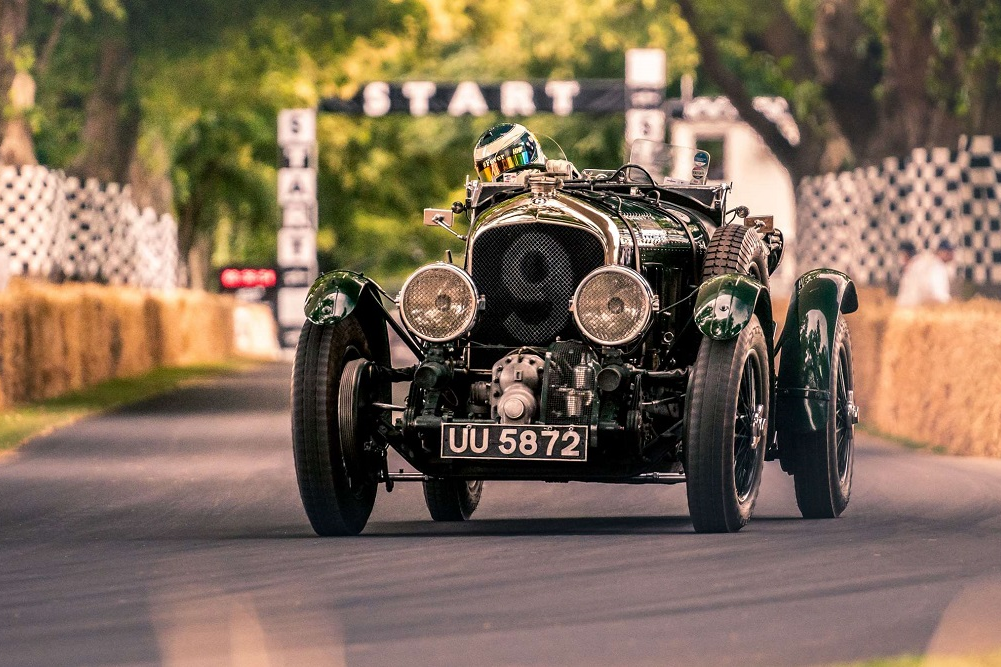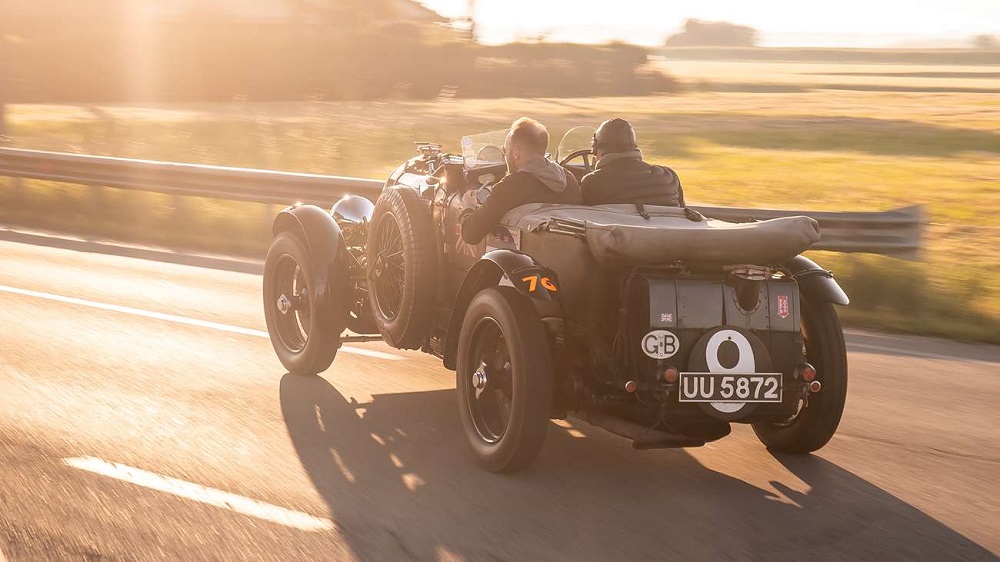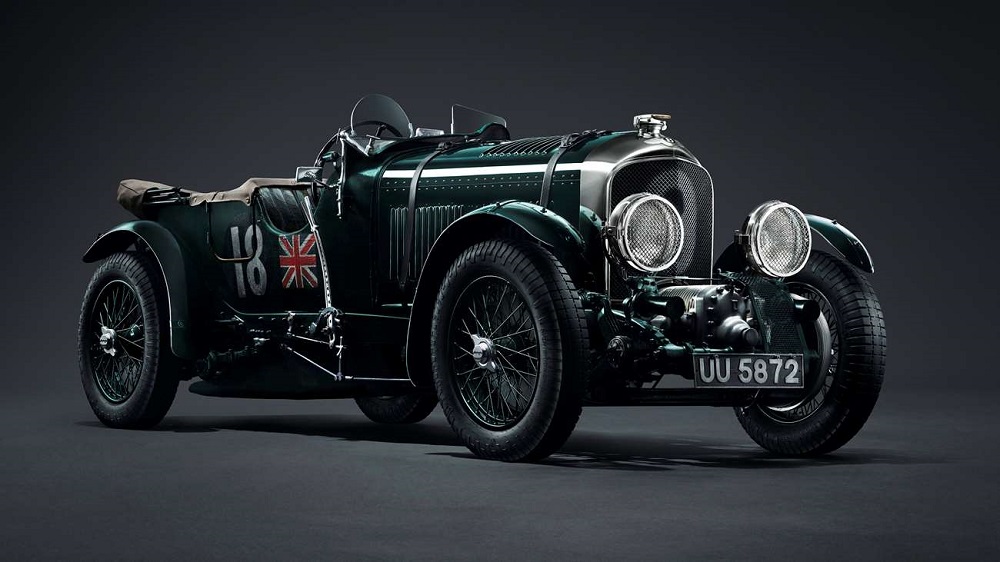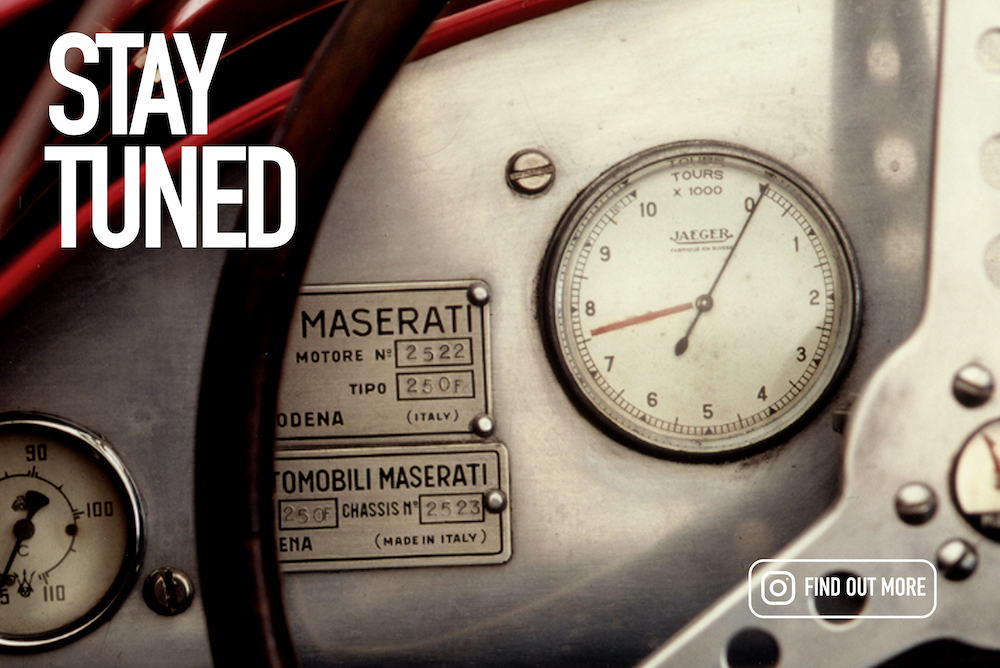A few days ago, the individual went testing, which was good fun. They were at Donington Park and had the entire place to themselves, which was even more enjoyable. Round and round they went, having fun while engaging in meaningful work simultaneously.

Not everywhere, just in their back, shoulders, arms, and fingers. But that’s what happens when one tries to wrestle nearly two tonnes of supercharged Bentley around a track like that for a while. They were getting so worn out that they needed to put the seat closer to the wheel so as to bend their arms more and thereby be able to apply more torque to the enormous Bakelite steering wheel every time it needed turning. Which, in turn, meant banging their left leg against the beautiful turned aluminum dash. So shortly thereafter, they were bleeding too.
But who cares? One of these cars will be at the Le Mans Classic, so a car entered into a race by the factory at that track for the first time since they won the 24 hours two decades ago. Yes, they know doing three 40-minute races in a car designed in the 1920s at the Classic is not exactly comparable to what Tom, Guy, and Dindo did back in 2003, but technically it’s true, so they’re taking it. They shall try hard not to refer to themselves as a Bentley Boy through fear of others concluding they’ve disappeared up their own fundament.

How will the cars go at Le Mans? Their every instinct is ‘quite slowly’. Both these cars belong to the continuation series of supercharged Bentleys and are, to all intents and purposes, brand new. So, imagine the fun a company with Bentley resources could have seeing how fast it could make such a car go: boost pressure off the clock, an engine displacing 5.3-liters instead of the usual 4.4, carbon fiber half shafts, concealed power steering, flyweight flywheel, lightweight gears, and so on and on and on. It would be an absolute missile.
But Bentley didn’t do any of that. The car is to standard 1930 team specification from its André Hartford lever arm dampers to the bulbs in its enormous Lucas headlamps. It runs enormous amounts of positive camber on its front wheels, not because that’s good for racing – quite the contrary – but because that’s what Messrs Birkin and co raced with at Le Mans in 1930. Around a circuit like Donington, it is about six or seven seconds a lap slower than the modern vintage Bentley racer’s weapon au choix, a highly tuned 3-liter with a ‘4.5’-liter engine which may or may not displace the exact same 4390cc intended for it by WO.

And actually, the fact it’s literally bog standard is probably what they like best about the car. They know, absolutely, that Birkin could climb aboard and literally not be able to tell the difference between this car and his own team car. They would look, go, and feel exactly the same. Drive one of these, and it doesn’t just give them an idea of what those heroes of old were driving, it gives them the real thing.
Report by Andrew Frankel










